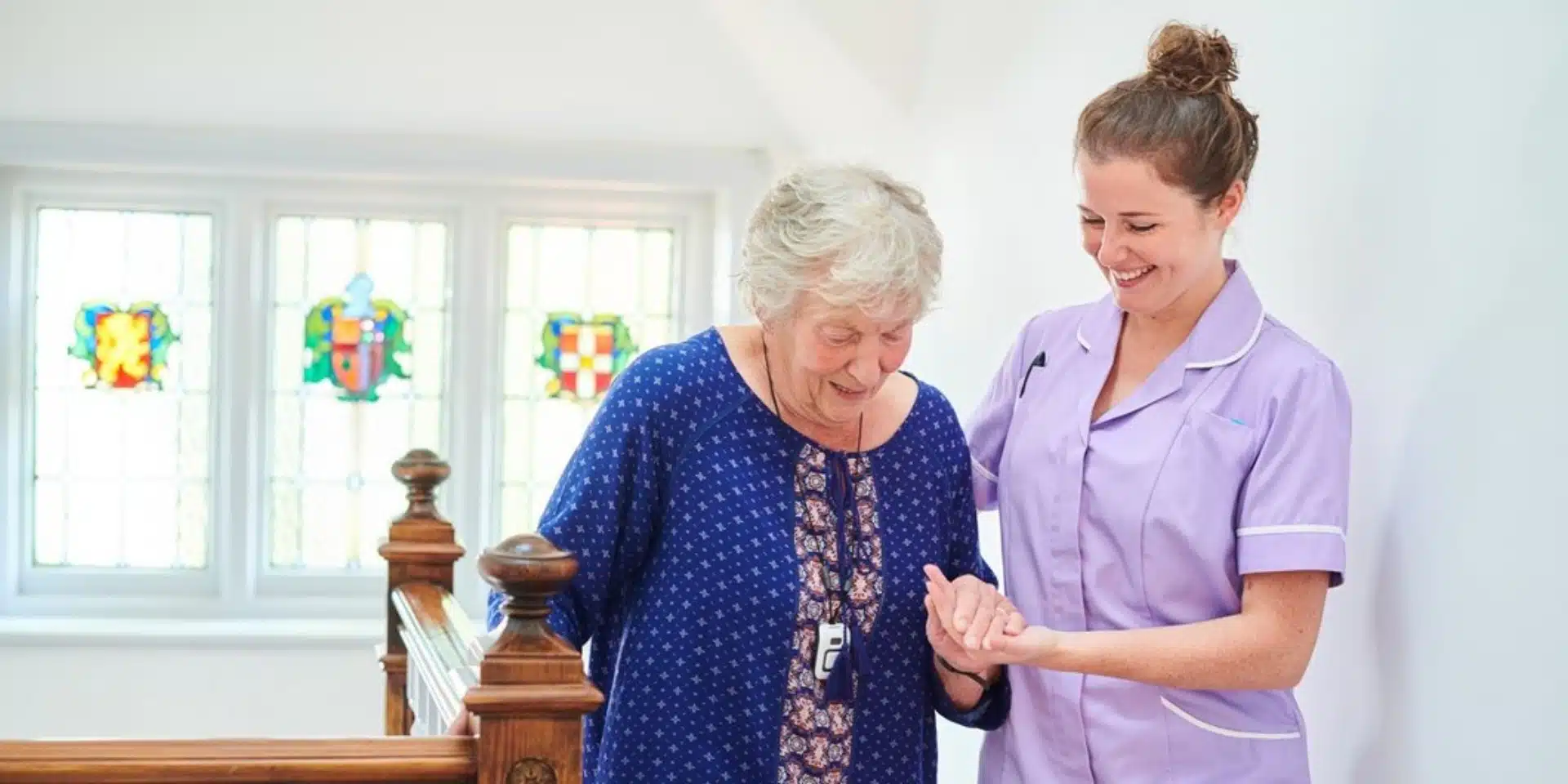The Herbert Protocol: A Lifeline for any Missing Person with Dementia
The Herbert Protocol is a vital tool designed to help families and carers of any missing person with dementia. It coined its named after George Herbert, a Normandy landings war veteran with dementia. He went missing and tragically passed away in 2011 whilst looking for his childhood home. The protocol involves compiling essential information about the individual, such as recent photographs, medical history, places they frequent, and contact details of family and friends, all in one secure document. This information can then be quickly accessed by the authorities to aid in the search and safe return of the missing person.
Implementing the Herbert Protocol involves proactive preparation. You should start by gathering all necessary information about your loved one with dementia and creating a comprehensive document. Include recent photographs showing different angles and clothing, as well as detailed descriptions of their appearance, any identifying features, and the medications they are taking. It is crucial to update this information regularly to ensure its accuracy. Share this document with local authorities, care providers, neighbours, and friends, so they are aware of the protocol and can assist in case of an emergency.
In addition to creating the Herbert Protocol document, it is essential to take preventive measures to reduce the risk of your loved one with dementia going missing. This can include ensuring that their living environment is secure, utilising tracking devices or technology if appropriate, and establishing a routine check-in system with neighbours or carers. Educate family members and carers on how to respond effectively if the individual goes missing, emphasising the importance of acting quickly and contacting the police immediately. By implementing the Herbert Protocol and taking proactive steps to prevent incidents, you can help keep your loved one with dementia safe and ensure their safety and well-being.

What To Do When a Loved one With Dementia Goes Missing
When a loved one with dementia goes missing, it can be a terrifying experience. Here’s what you can do when you know a missing person with dementia:
Stay Calm
It’s natural to feel overwhelmed, but staying calm is key. Take a moment to collect yourself before taking action.
Contact The Police About the Missing Person with Dementia
Time is of the essence. Notify the local police immediately by calling ‘999’ and provide them with all the essential details about your missing loved one.
Share Information
If you have filled out a Herbert Protocol form, share it with the authorities. This information can significantly aid in the search efforts.
Inform Your Community About the Missing Person with Dementia
Reach out to your community, share recent photos, and ask for their help in locating your loved one. The more eyes looking out, the better the chances of a safe return.
Stay Positive
It’s a challenging time, but staying hopeful and positive can make a world of difference. Believe in the power of a united effort to bring your loved one back home.
By proactively engaging with the Herbert Protocol and taking the necessary steps to prepare for emergencies, you can enhance the safety and well-being of your loved one with dementia. In times of crisis, knowledge and preparation can be your greatest strength. It is important to stay informed, stay connected, and stay vigilant in safeguarding those you care for. You can find out more about this by visiting the Police Scotland site.
How MyLife Edinburgh Can Help
At MyLife Edinburgh, we value the dedication and compassion of our carers in providing exceptional care to those in need. Dementia can make an individual lose their sense of control and functional performance. They also lose a sense of independence, which is difficult for both the individual with dementia and their loved ones. At MyLife Edinburgh, we understand the sensitive nature of this disease and ensure all of our staff are provided with dementia training. This equips them with the skills to communicate effectively and the knowledge to understand how they are feeling, offering a sense of comfortability and security to the individual. Click here to see how we can best support you or your loved one living with dementia.



